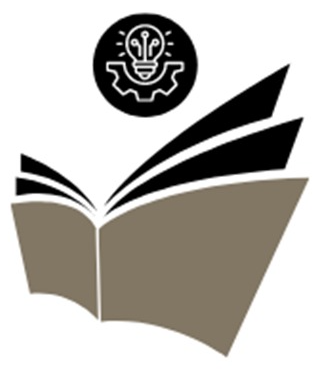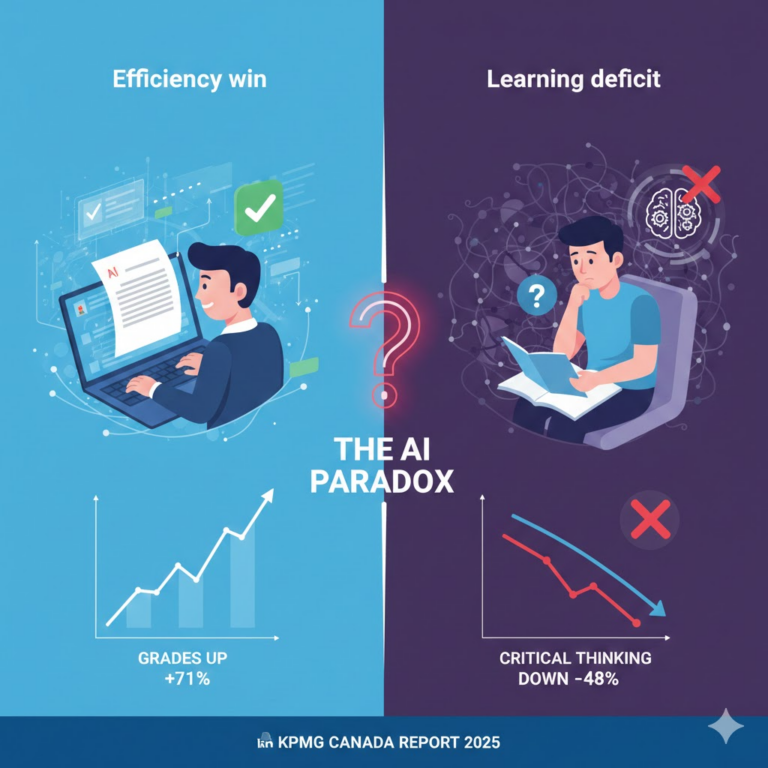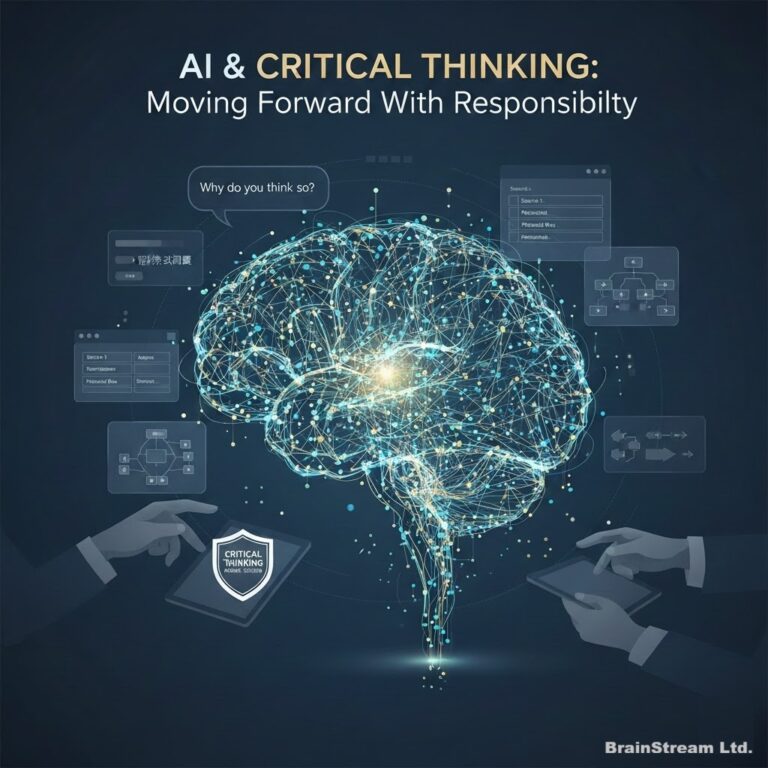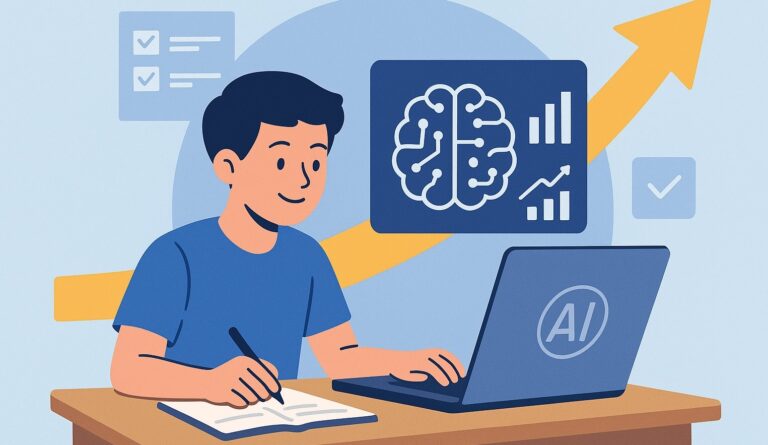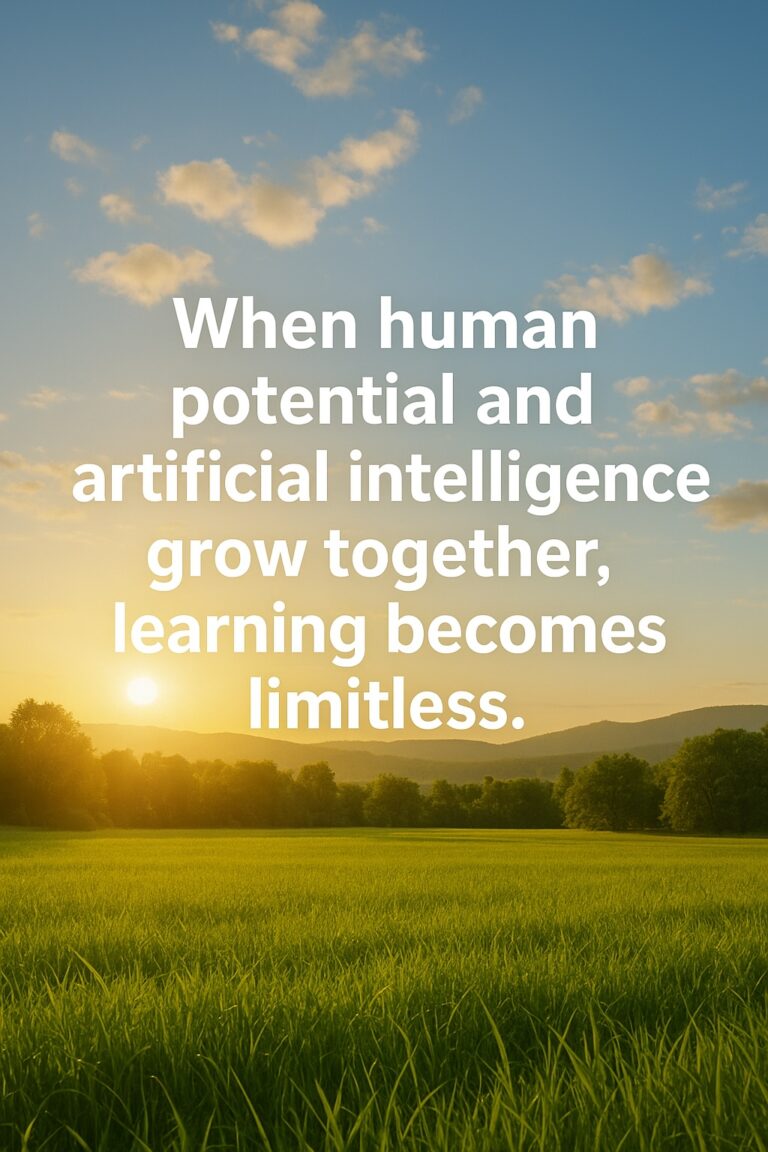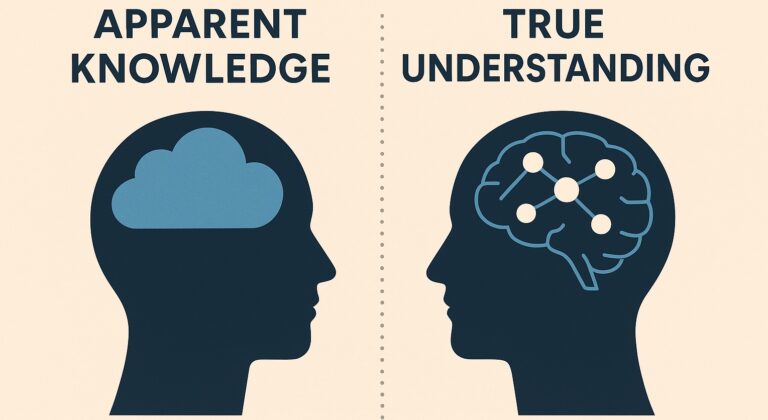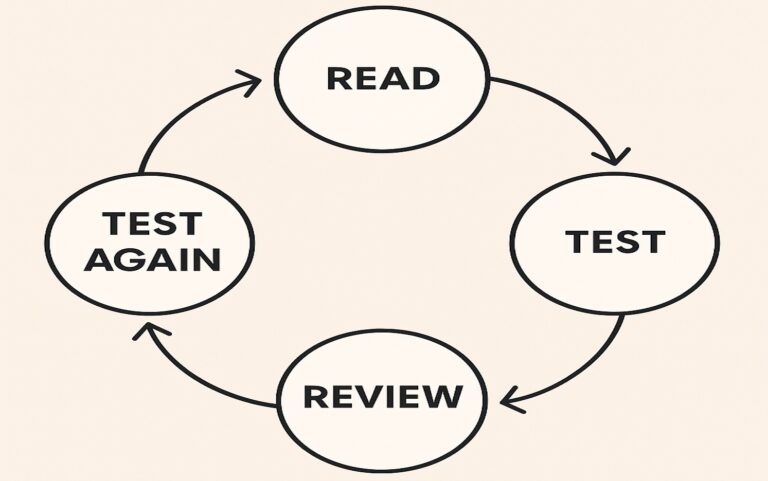The Paradox of Productivity: What the Latest Data Means for the Future of EdTech
by BrainStream Chief Financial Officer Phyllis Chia-Hua Chen Working at the intersection of AI and education, I spend a lot of time looking at growth curves. But the latest 2025 data from KPMG Canada presents a trend that should give every educator, parent, and tech leader pause. The adoption of Generative AI (GenAI) among Canadian…
